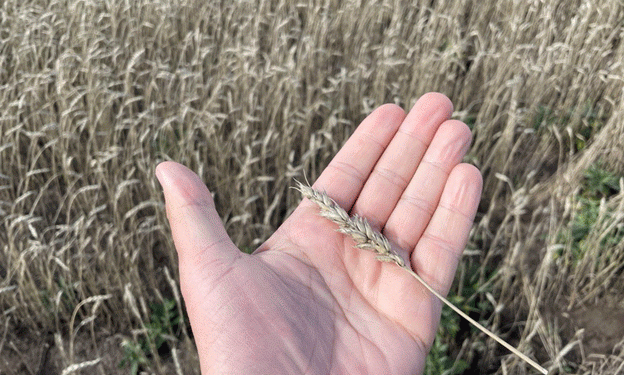The discussion around the potential introduction of export duties on grain, particularly wheat, was brought to the forefront by Kazakhstan’s Ministry of Finance. The Ministry, aiming to boost state revenue, suggested that such a measure could be beneficial. However, the proposal was met with resistance from the agricultural community, which feared that the duty could lead to market saturation and a drop in wheat prices, ultimately harming farmers.
Kazakhstan is one of the world’s leading wheat exporters, with the sector being a cornerstone of the country’s agricultural economy. Annually, Kazakhstan produces between 19 to 21 million tonnes of grain, with domestic consumption hovering around 9 to 10 million tonnes. This leaves a significant surplus that is traditionally exported, making up about 45% of the nation’s total agricultural export volume.
Government’s Position: A Careful Approach
Vice Premier Jumanğarin highlighted that any decision regarding the imposition of an export duty would only be made after a thorough analysis of its economic viability and compatibility with Kazakhstan’s international trade obligations. The analysis will involve input from various stakeholders, including the business community, ensuring that any policy changes are well-informed and considerate of the sector’s needs.
Jumanğarin expressed skepticism about the necessity of an export duty on wheat, particularly given the current production levels and the existing surplus. With a good harvest expected this year, surpassing last year’s figures, and an estimated 3 to 4 million tonnes of wheat still in storage, the priority, according to Jumanğarin, is to increase exports and reduce these stockpiles, rather than restrict them.
The Vice Premier also questioned the logic of imposing duties on other agricultural products like corn, meal, and oilseed cake. He cautioned that such regulations could lead to reduced planting areas and lower production volumes, further complicating the agricultural landscape.
Industry Response: Fears of Market Disruption
The mere suggestion of an export duty had already prompted strong reactions from Kazakhstan’s business community. Industry leaders warned that imposing such a duty could lead to oversupply in the domestic market, driving down prices and potentially causing significant financial distress for farmers. The agricultural sector, which is still recovering from previous market disruptions, could see a wave of bankruptcies if wheat prices were to fall drastically.
For now, it appears that Kazakhstan will steer clear of imposing an export duty on wheat, a move that would have had far-reaching consequences for the country’s agricultural sector. The government’s cautious approach, involving thorough analysis and stakeholder consultation, suggests a recognition of the critical role that wheat exports play in the nation’s economy. As the situation evolves, the focus will likely remain on balancing domestic market stability with the need to maintain Kazakhstan’s strong presence in the global wheat market.
Error




